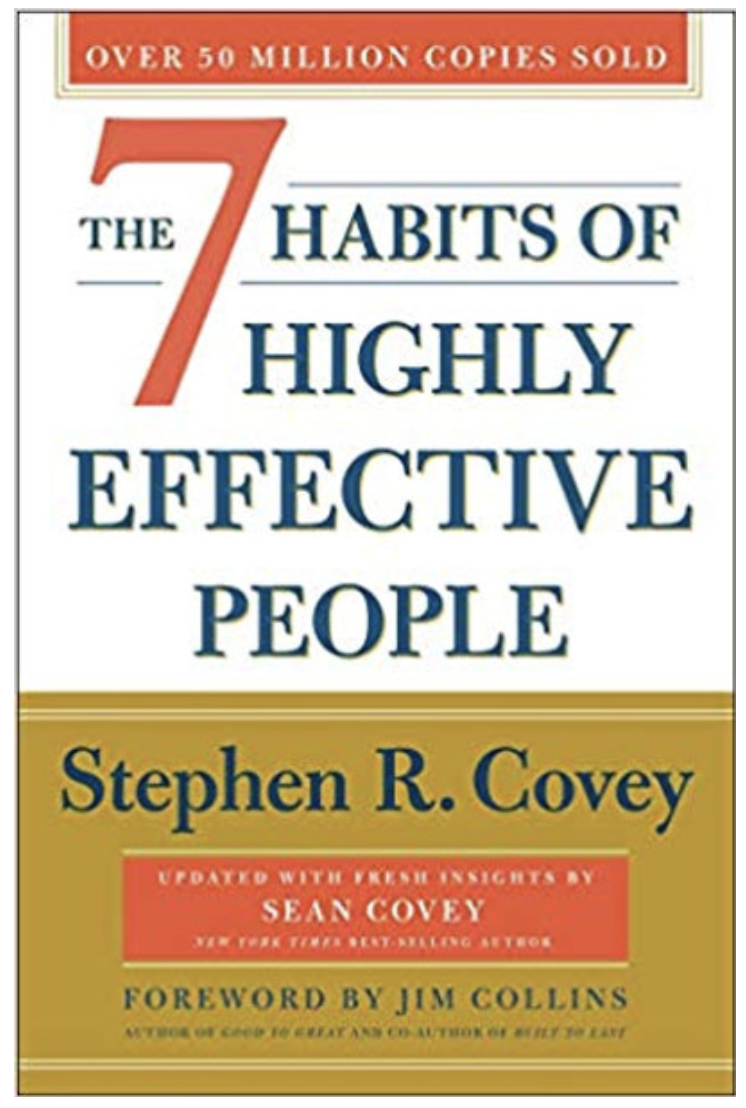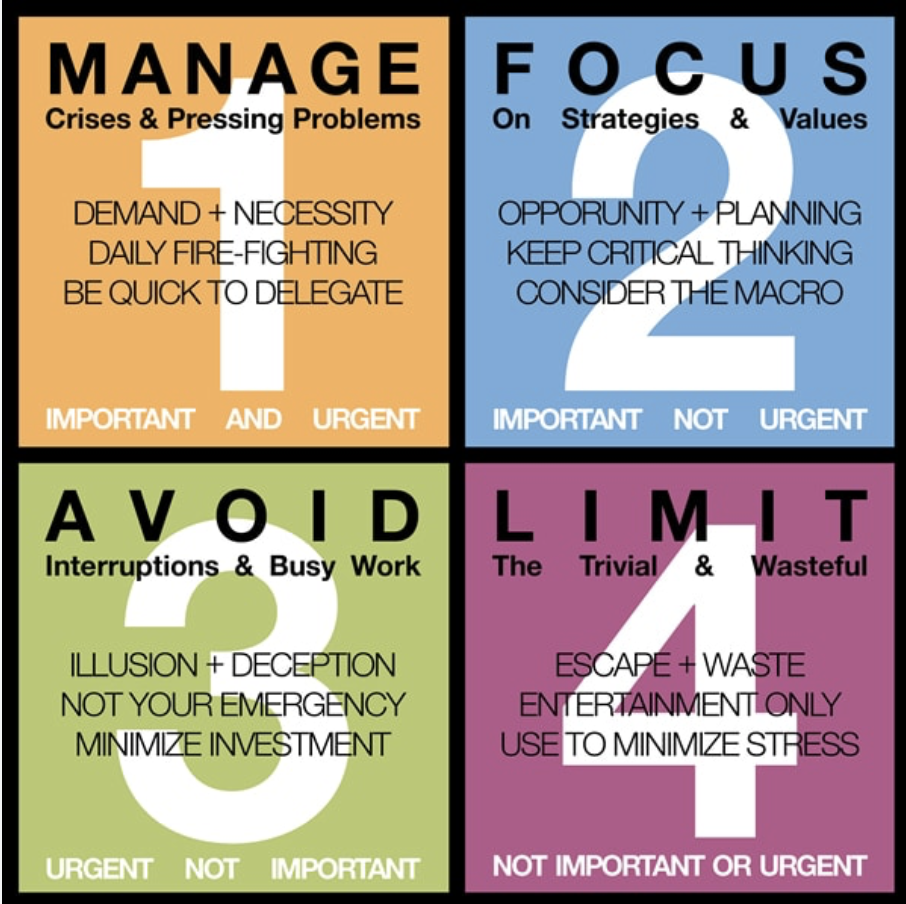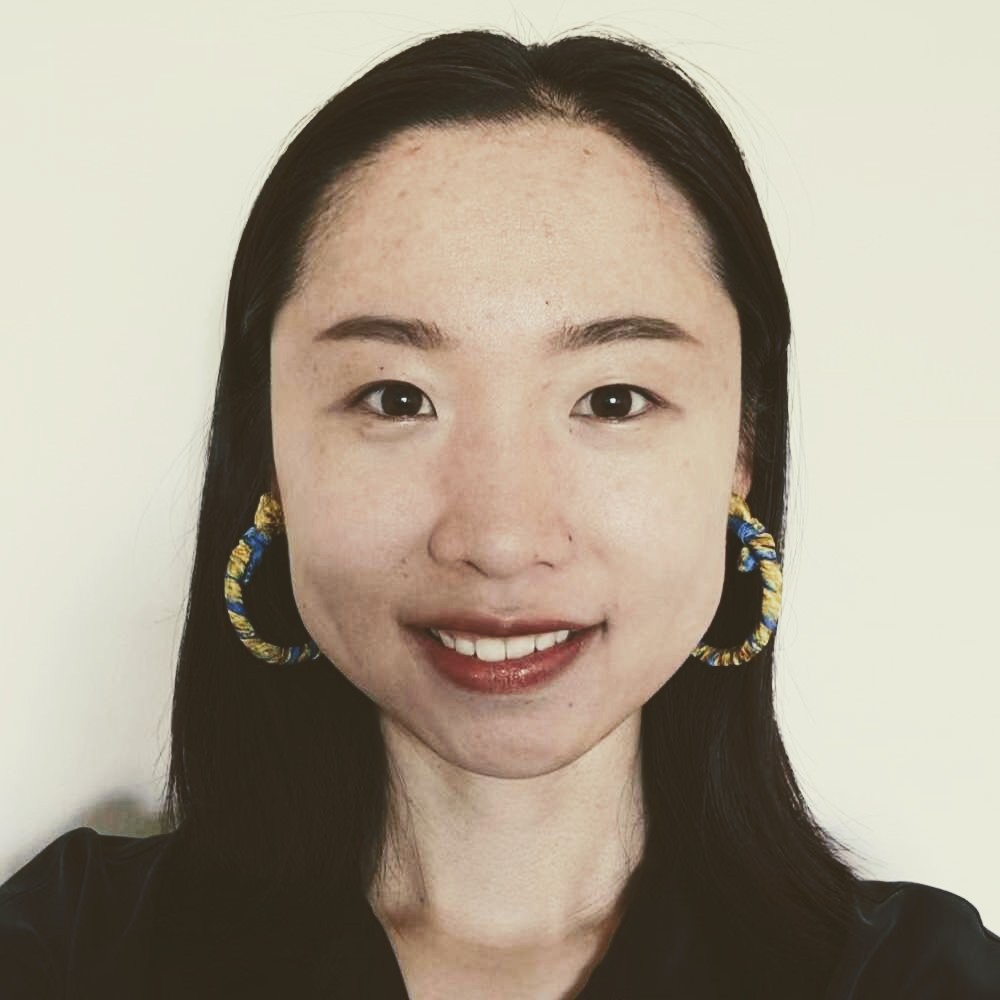
Book Review: 'The 7 Habits of Highly Effective People'

Hardly had I ever encountered any book that makes me feel both peaceful and insightful, this book is one of them. It soothes my anxiety, it inspires me the search of intrinsic security, and it reminds me to keep a balance of life. Though the title says “7 habits”, it does not teach you any quick-fix to success, I would rather call it 7 mindsets that require steady and long continuing practice to align your values with actions, a key to personal and professional growth. There are some really great points struck me while reading it, I would like to share them in the post.
🐳 Begin with the end in mind.
What’s your ultimate goal of life? Do you prioritize your daily schedule to achieve them? When I was reading the book, I realized that I often just make schedules for short-term projects and do what I am supposed to do at the moment, I seldom thought about the bigger picture of life or examine if my regular planning is align with the ultimate objective of life. It sounds like nothing is wrong until the moment you feel lost…. The END is like a lighthouse in a stormy night at ocean, it guides you where to go and reminds you to be prepared. Begin with the end in mind is saying that each day of your life should contribute in a meaningful way to the vision you have of your life as a whole, so we know where we are and how far we are off in the map of life.
In addition, the author Dr. Covey introduced an interesting time management model, Quadrant 2, which I think is very beneficial to daily planning. The idea is that our daily works can be classified into four quadrants by dimensions of urgency and importance. Quadrant 1 includes tasks that are important and urgent, which could make a person burn out. Quadrant 3 indicates urgent but not important things, which makes us occupied with less productivity. Quadrant 4 has trivial tasks that are neither urgent or important, which don’t have any impact. The quadrant that we should intentionally spend most time on is Quadrant 2, which are important tasks but not urgent, and require more initiative and contribute to long-term success. It’s suggested to make schedules on a weekly basis and set aside a half hour to classify the tasks and arrange them.

🐳 Proactive people carry their own weather with them.
The book introduces two concepts that distinguish proactive and reactive people, circle of influence and circle of concern. Proactive people know that between stimulus and response, there is a space of choice. They focus on the circle of influence where they are able to make a change, while reactive people would stay in circle of concern to worry about things that they have no control of.
Often I feel like I am being unconsciously reactive, my feelings, moods, reactions are triggered by the environment and how other people think of me, which could be really exhausting both mentally and physically. After reading the book, I tried to intentionally switch to proactive mode, making reactions based on my principles and focusing on circle of influence, it takes time to practice, but I did feel less disruptive and more in control. I hope to reach the ultimate status of being a proactive person as described in the book,
Reactive people are full of carbonation, while proactive people are like water, shake them up all you want, and they stay calm, cool and in control.
🐳 Maturity is the balance between courage and consideration.
I really love this definition of maturity! It’s a concept introduced in the chapter of Think Win-Win in interdependent relations, which defines the maturity as the ability to express one’s own feelings and convictions balanced with consideration for the thoughts and feelings of others. There are tons of reasons why one should speak up for themselves, and this is the one that makes me most comfortable and motivated to speak up.
To achieve a win-win solution, a relation that makes both sides feel being understood is a prerequisite. Dr. Covey mentioned another two concepts that could establish such relation, which I also feel inspired. One is seek to understand first, then seek to be understood. Most people do not listen with the intent to understand, they listen with the intent to reply. When reflecting conversations I had with people, I have to admit I was always making efforts to be understood first and would blame others for not understanding my ideas or situations, perhaps next time I should pause a second and remind myself the intent to understand. Another concept is abundance mentality, there is plenty out there for everyone and one’s gain is not the other’s loss. Unfortunately it’s what lacks for people growing up in a competitive environment, where only doing better than anyone else is awarded. One’s happiness may double if possessing the abundance mentality, because he/she is assured for his/her piece of success and also genuinely happy for other’s success.
🐳 Live with principle.
I always wonder what brings intrinsic security that could protect us from being disrupted by outside world, so that we feel comfortable with being who we are and being determined on our own course. I was searching for answers in psychology and religion but found nothing I could relate to, but from the book, I feel like principle, a word that appears throughout the book from beginning to the end, might be the answer. It’s the inside change-less core with which people could survive with outside changes, it’s the script we write for ourselves to guide who we want to be, and what we want to achieve. Every decision we take and every action we make should abide by the principle.
The principle may sound very abstract to people who haven’t read the book, its practical version is what Dr. Covey calls personal mission statement. Just like every company has its own mission slogan, for example, Google’s motto is “Do the right thing”, every person should have a mission statement, it announces the roles (e.g. son, father, employee, citizen) the person plays and the correspondent roles and responsibilities they are committed to take. Then, live their lives with the mission statement.
I really enjoy reading the book. By cross-checking existing habits with the 7 habits recommended, I feel like some dormant thinking-patterns are being awaken and refreshed. Of course it will take time to practice and internalize the 7 habits, but it’s a journey worth taking, as stated in the book,
Each man is questioned by life, and he can only answer to life by answering for his own life, to life he can only respond by being responsible.
